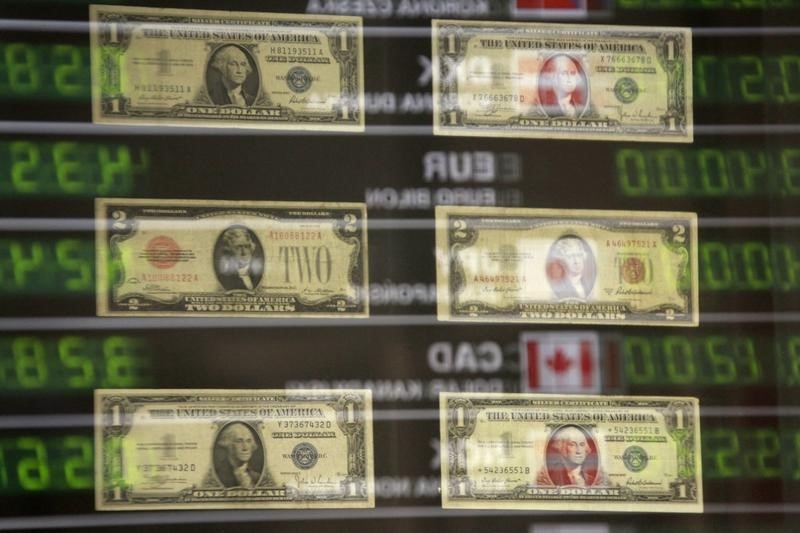Bank of England Governor Andrew Bailey expressed his desire for greater stability in the medium and long-term bond yields, which have experienced volatility due to market speculation around U.S. President Donald Trump’s trade policies.
This volatility was evident in January when British government borrowing costs initially surged before settling down as investors adjusted to potential global inflation risks stemming from Trump’s proposed tariffs on trade partners.
Bailey, speaking at a Brussels event hosted by the think tank Bruegel, attributed the fluctuations in the term premium—the additional interest demanded by investors for holding longer-dated debt—to pronouncements from Washington regarding tariffs. “It is what’s coming out of Washington on tariffs that is moving that term premium around, day by day and hour by hour,” he stated.
The BoE Governor also aligned his views with those of U.S. Treasury Secretary Scott Bessent, who earlier in February mentioned efforts with President Trump to manage yields on 10-year U.S. government debt. Bailey regarded Bessent’s focus on this segment of the yield curve as “very wise.”
Reiterating his previous warnings, Bailey cautioned that trade barriers could detrimentally affect global economic growth. However, he noted that the impact on inflation is less certain.
“The situation for inflation in a country that faces tariffs is actually fairly ambiguous in terms of what happens because it depends upon trade redirection, it depends upon whatever measures are taken in response, and it depends upon the reaction of exchange rates,” Bailey explained.
The volatility in bond yields and the broader economic concerns come against the backdrop of a notable increase in UK inflation in January, which exceeded expectations.




